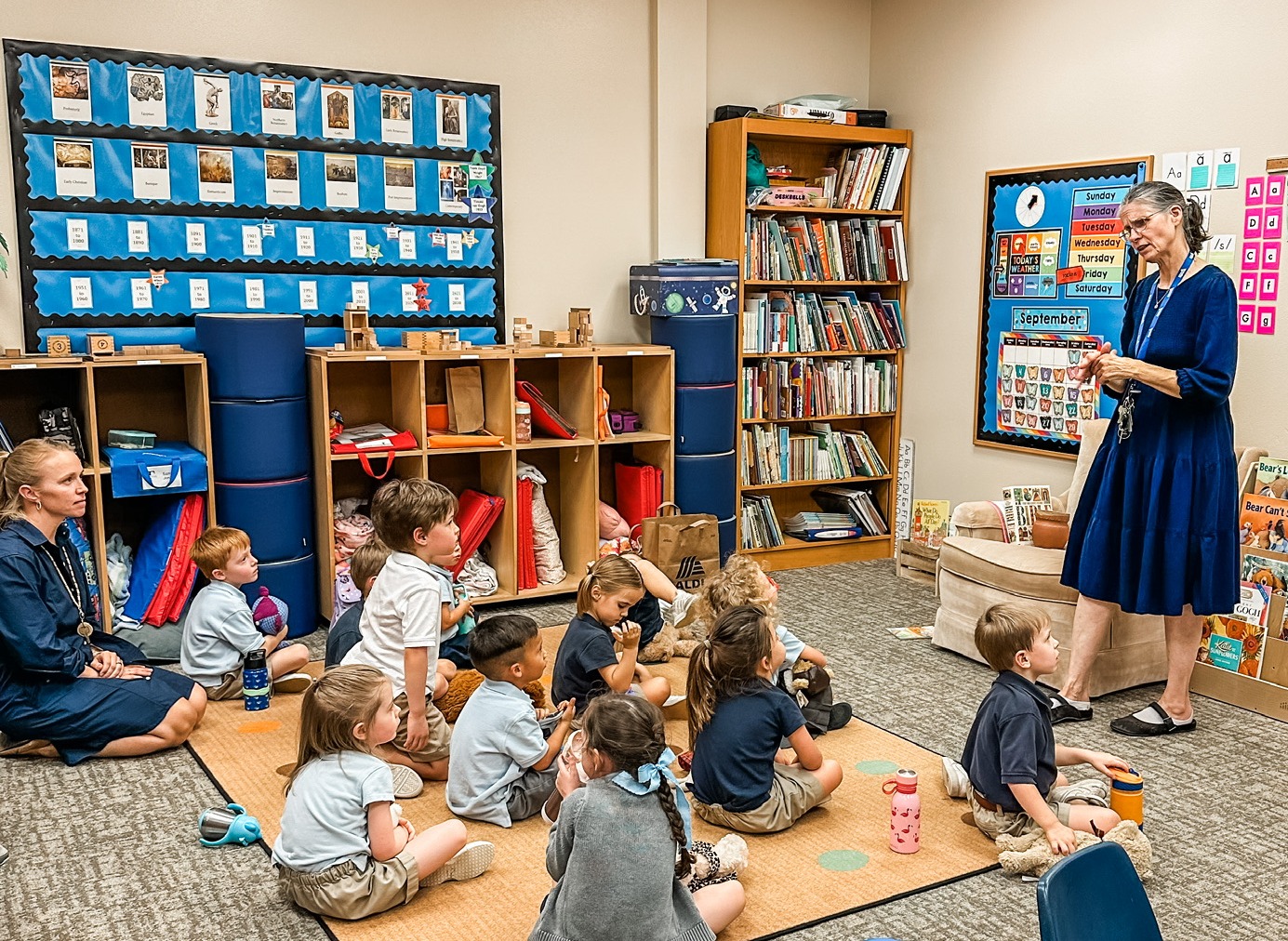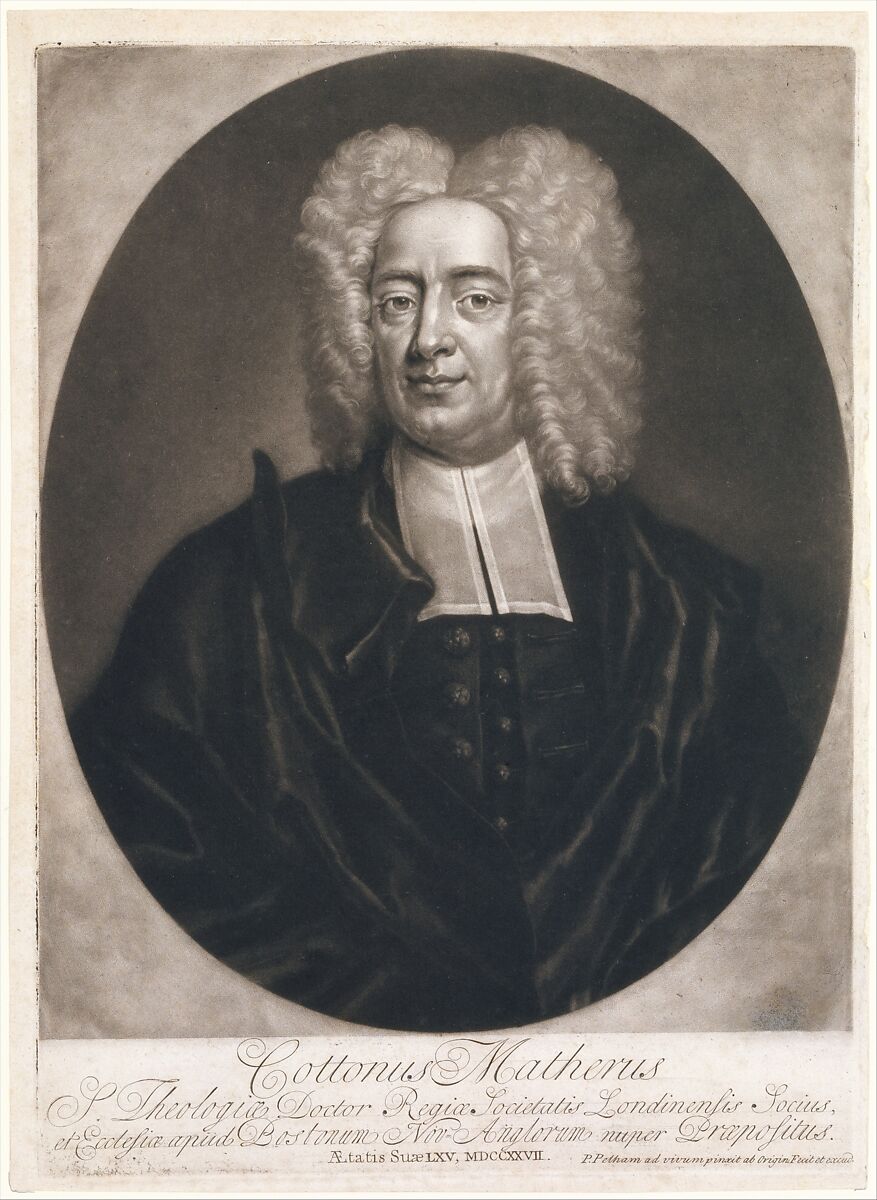“It is not the strength of the body that counts, but the strength of the spirit.” J.R.R. Tolkien
If anyone understood the idea of fortitude, it was Tolkien. We all thrill at the moments when Gandolf, Boromir, Éowyn, and Merry face adversaries so fierce and terrible that victory seems impossible. Those mighty battles that keep us turning pages long into the night impress on us the valor of fortitude in a way that only story can accomplish. Although we will very likely never have to face real Orcs, dark wizards, and giant spiders, our own seasons of darkness and trouble that we will encounter are undoubtedly made bearable or unbearable according to the measure of fortitude that we have. It is a virtue cultivated in us by our parents, grandparents, teachers, coaches, and others in our lives. The great stories that we read at Trinitas are just one way that we endeavor to instill virtue in the hearts of our young men and women.
Read More
Topics:
Blog Posts,
School Life,
Classical Education,
Virtue
Last week, we shared ten practical tips for achieving enduring success and experiencing the wonderful fruit of classical Christian education at Trinitas, This week, we have ten MORE practical tips we've assembled from our teachers which we hope will benefit your family.
Read More
Topics:
Blog Posts,
School Life,
Parenting,
Classical Education,
Scripture,
Christian Education,
True Education,
Parent Involvement,
Reading,
Homework,
Truth, Goodness, and Beauty,
Virtue
The best things in life are often also the hardest things in life, and classical Christian education is no exception to this truism. To help Trinitas parents and students achieve enduring success at Trinitas and experience the wonderful fruit of classical Christian education, we've assembled these ten practical tips for success at Trinitas taken directly from our teachers. Simple, practical, but sometimes a bit pointed, we hope these steps are received in the spirit they are offered and are helpful to you.
Read More
Topics:
Blog Posts,
School Life,
Parenting,
Classical Education,
Scripture,
Christian Education,
Christian Living,
Parent Involvement,
Homework,
Truth, Goodness, and Beauty,
Virtue
When children and God come up in the same conversation, few Bible verses get quoted more frequently than Proverbs 22:6, which reads, “Train up a child in the way he should go, and when he is old he will not depart from it.” Interpretations for this nugget of godly wisdom vary. If one considers the verse alongside the command to parents in Deuteronomy 6:4-9 to diligently teach the ways of God to children, and alongside the command to children in Exodus 20:12 (and repeated in Ephesians 6:1-3) to honor and obey parents, then Proverbs 22:6 becomes clearer. We can see that it fits into a larger context for the way God would have us approach child rearing: we are to intentionally, purposefully shape our children’s thoughts and actions toward God.
Read More
Topics:
Blog Posts,
Parenting,
Christian Education,
Virtue
The conversation at Parent Traditio this month centered on twenty-one resolutions penned by the early American Congregational minister Cotton Mather entitled "A Father's Resolutions." Each resolution contains practical guidance for Christian parents who aspire to - with God's grace - raise their children in the paideia or nurture and admonition of the Lord.
The original text is available here but the text below has been modernized by the folks at The Cross Church of Pensacola and is available on their blog here.
Read More
Topics:
Blog Posts,
Parenting,
Christian Education,
Christian Living,
Parent Involvement,
Virtue
On November 18, 2021, Trinitas Christian School and its parents celebrated three new inductees into The National Honors Society (NHS). While being inducted into NHS is no simple academic feat, remember that NHS and many other academically prestigious awards are not exclusively Christian by any means. As a matter of fact, in many educational settings, when students pursue the type of academic success that qualifies them for the NHS, merit scholarships, and the like, their pursuits are often carried out in fierce competition with their classmates, producing academic pride, and result in an exaltation of self. However, in a Christ-centered education like that which is offered at Trinitas Christian School, we endeavor to pursue academic excellence in the following ways:
Read More
Topics:
Blog Posts,
Christian Education,
True Education,
Grades,
Virtue
On a morning not too many years ago, while standing out front opening doors and greeting the grammar children getting out of their cars, I opened the door for a boy who was navigating his book bag and lunchbox through the door of the car while at the same time trying to get a large and elaborately-colored poster through as well while attempting not to damage it. In taking the poster from him so he could get out of his mom’s car safely, I was able to see how much detail and care had been taken to make this poster dynamic.
In the process of transferring possession of his project back to him, I told him, “Nice poster, you put a lot of work into that.” To which he quickly, and honestly replied: “Thank my mom, she did most of it.” I felt a bit perplexed, but not surprised, as I watched him hustle the rest of the way into the front doors of the grammar building to turn in “his” poster to his teacher.
Read More
Topics:
Blog Posts,
School Life,
Parenting,
Parent Involvement,
Social Issues,
Homework,
Virtue
We’ve spent the last two weeks thinking about the dominant form of grades used in schools today, the history and effects of that system, and why they are not the ideal for a classical Christian school.
Bear with me one more time as I recall our pitching metaphor. A coach who tells a young pitcher that they threw a “C+” pitch is not providing much help. And the young pitcher who interrupts a coach’s instruction to ask, “Yeah, but did I pass?” might be riding the bench for a while. Why? Because we understand intuitively that constructive feedback is about more than a graded evaluation.
Read More
Topics:
Blog Posts,
Classical Education,
True Education,
Teaching,
Grades,
Virtue










